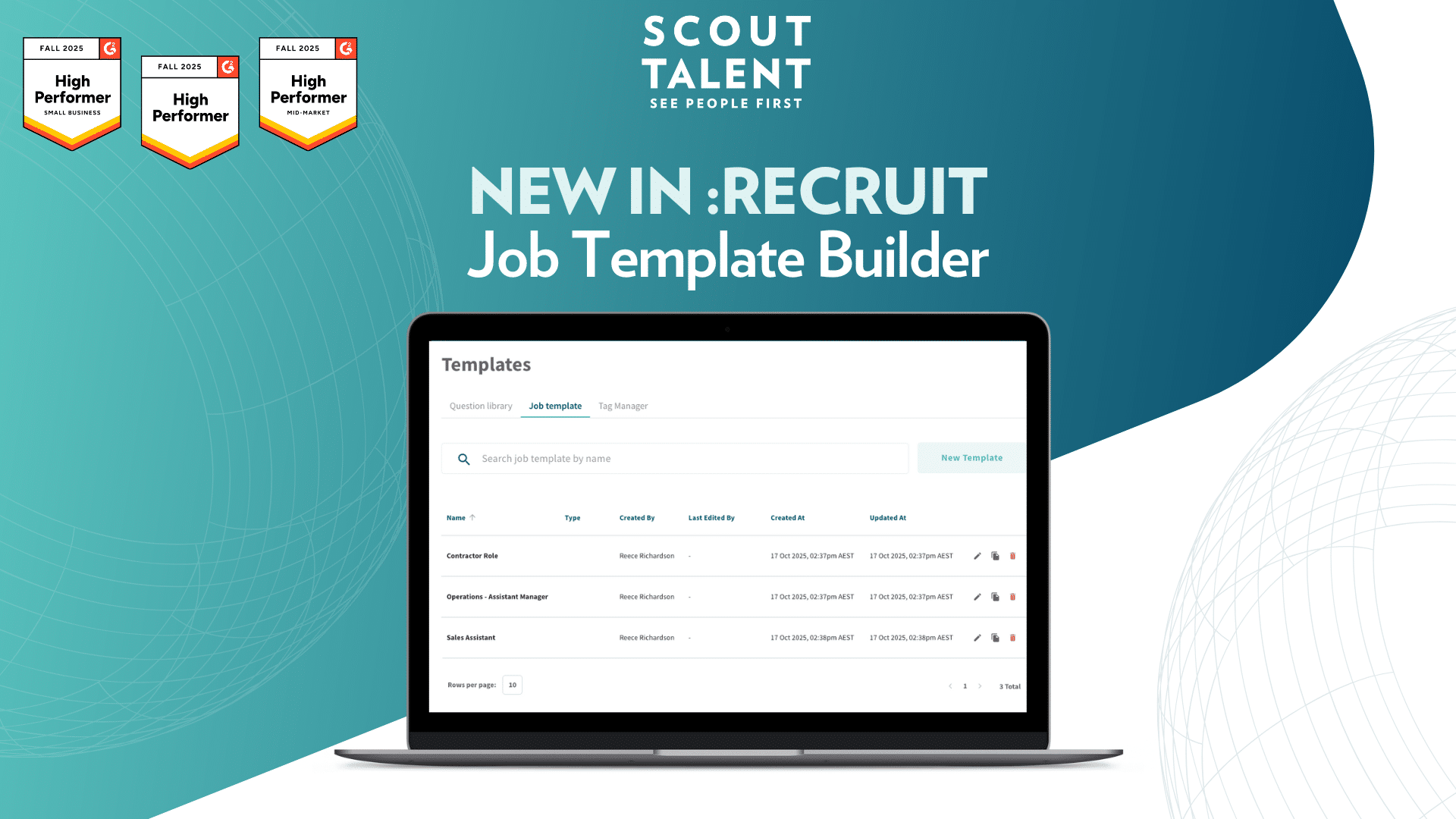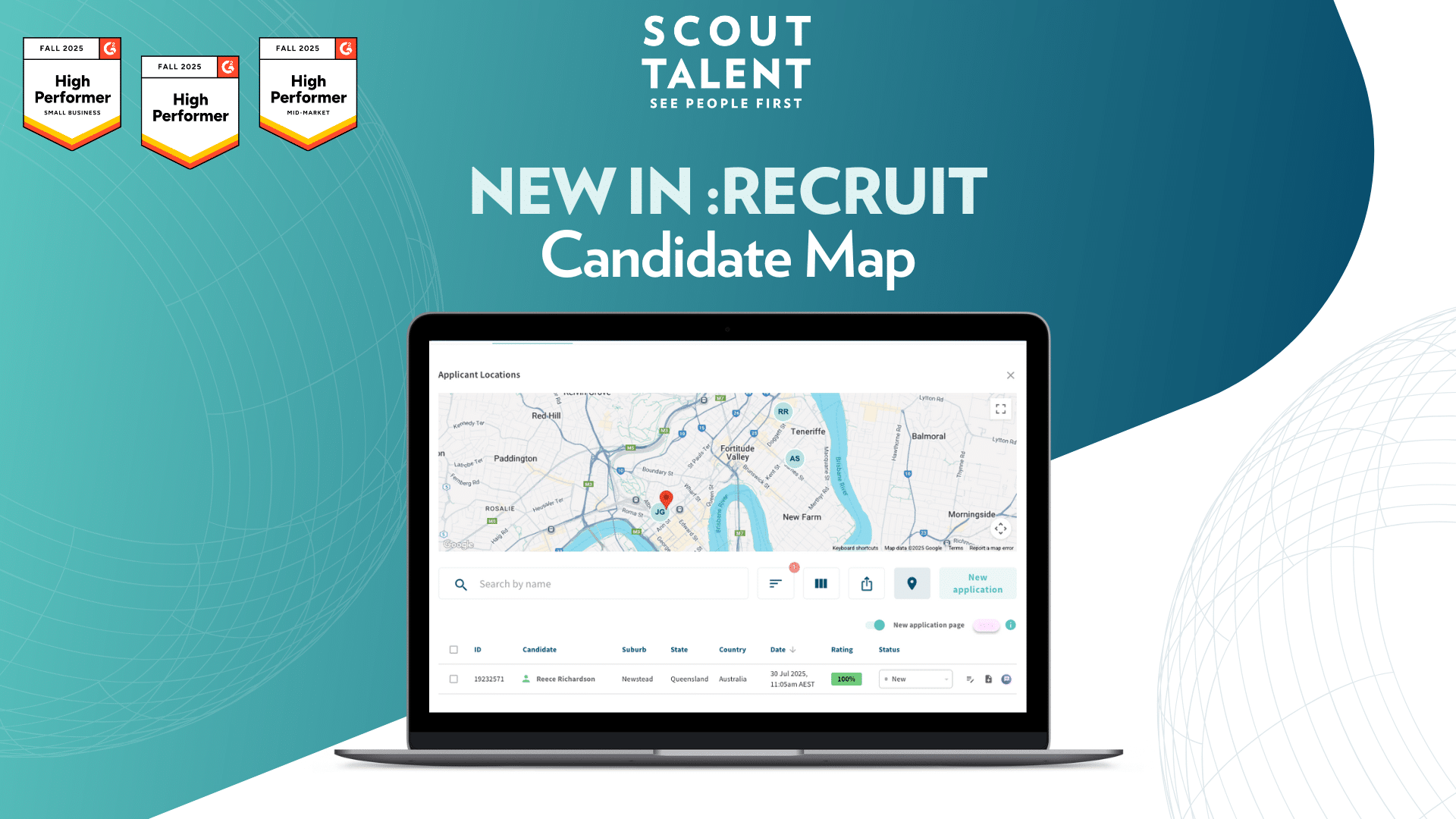A company with a strong culture is one that has highly motivated and engaged employees. Typically, employees that are highly motivated and engaged perform better in their roles and are less likely to leave their organization. According to a survey carried out by the Queen’s School of Business, Disengaged workers have 37% higher absenteeism, 49% more accidents, and 60% more errors. I think even without the statistic we instinctively know that engaged employees perform better. We also know that the key to engaged employees is culture and reward. However, if you’ve managed to navigate the last year or so with your culture intact and your employees engaged, you deserve a medal. While it’s not impossible to still have a positive corporate culture and an engaged workforce, the constant pressure of the pandemic and the move to remote working have proven challenging for employee morale. Many organizations forgot about the importance of culture or were just too busy managing everything else that was going on to put a concentrated effort into engaging their respective teams. The result of this inaction is that now that economies are starting to open up again, organizations are losing disengaged employees to their talent competitors.
Understanding your corporate culture
If your culture has collapsed, and who could blame you given the challenges that we’ve faced, things aren’t hopeless yet. Alternatively, if a remote workforce has left you unable to assess what your culture or employee motivation and engagement look like, again there are still some things that we can do. First and foremost, you need to get an understanding of where you are before you can build a plan as to where you want to go. In order to do that you’ll need to avail of Employee Engagement Surveys. Now if you’re not familiar with them, an Employee Engagement Survey is a tool that allows you to get a sense of how your workforce are feeling as well as what they love about working with you and what they loathe. The questions asked as part of the survey can vary based on the provider you work with but, as an example, the Employee Engagement Survey we at Scout Talent offer to clients asks employees a range of questions across all sorts of different areas including the overall culture of the organization, the work environment and resources, the team, communication, training and development, reward, opportunities for growth, work-life balance, fairness, and management. In the case of the surveys we deploy for clients, they are also completely customizable meaning that if you really wanted to ask a question specific to your organization, you can do it.
Give your employees a voice
Deploying an engagement survey will give you a sense of where you are as a company and it will be anonymous. This means there may be some harsh truths in the information that you receive. But with those harsh truths, there is a huge opportunity. Once you deploy an Employee Engagement Survey to your workforce, you will have a spike in engagement. According to the McKinsey Global Institute, productivity increases by 20% to 25% in organizations with connected employees. Giving your employees a chance to give you honest feedback connects them to you. However, that connection will be very rapidly severed and burned if you don’t do something with the feedback you received. As a leadership team, review what your employees are telling you and develop an action plan to address the negative trends that you are seeing. In my experience, I would say that your action plan should address at least 3 areas with plans to improve them. Once you have this action plan in place and agreed upon, share it with your employee base along with the offending statistics. Let your employees know that you hear them and that you’re working to improve their situation. Finally, and I do hope this goes without saying, actually implement the action plan and give it time to succeed. Your best way to know if you’ve succeeded in your endeavour or not is to deploy the same survey again a year later and see if your work has caused improvements. If it has then you’ll know you’ve successfully carried out damage control on your culture and that you have a more engaged workforce than you had a year prior.
Closing thoughts
Culture and employee engagement are tricky things to manage, especially when you’re not seeing your employees in person on a daily basis. If you’re a leader or an organization that wants to support your people successfully then you need their voice, and you have to do it anonymously so that employees feel safe enough to be honest. Employee Engagement Surveys are something we deploy internally at Scout Talent on an annual basis and we see huge value in them. If you’re interested in deploying an Employee Engagement Survey for your organization please do get in touch and we can help give your workforce a voice.
If you’d like to learn more about Employee Engagement Surveys, please do reach out to us here and one of our specialists would be happy to answer any questions you might have.
To make sure that you don’t miss an episode of The Talent Scout, sign up below.




